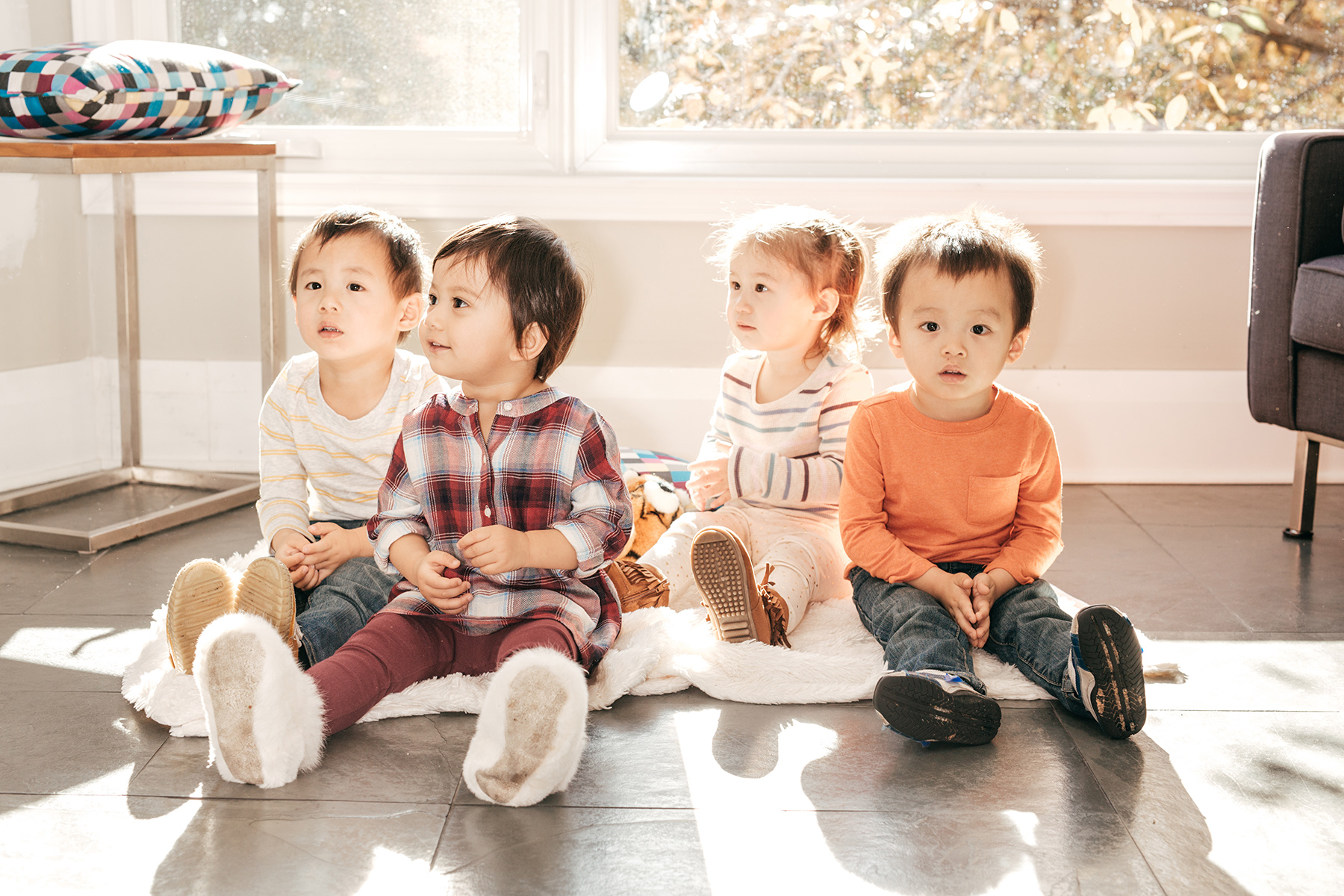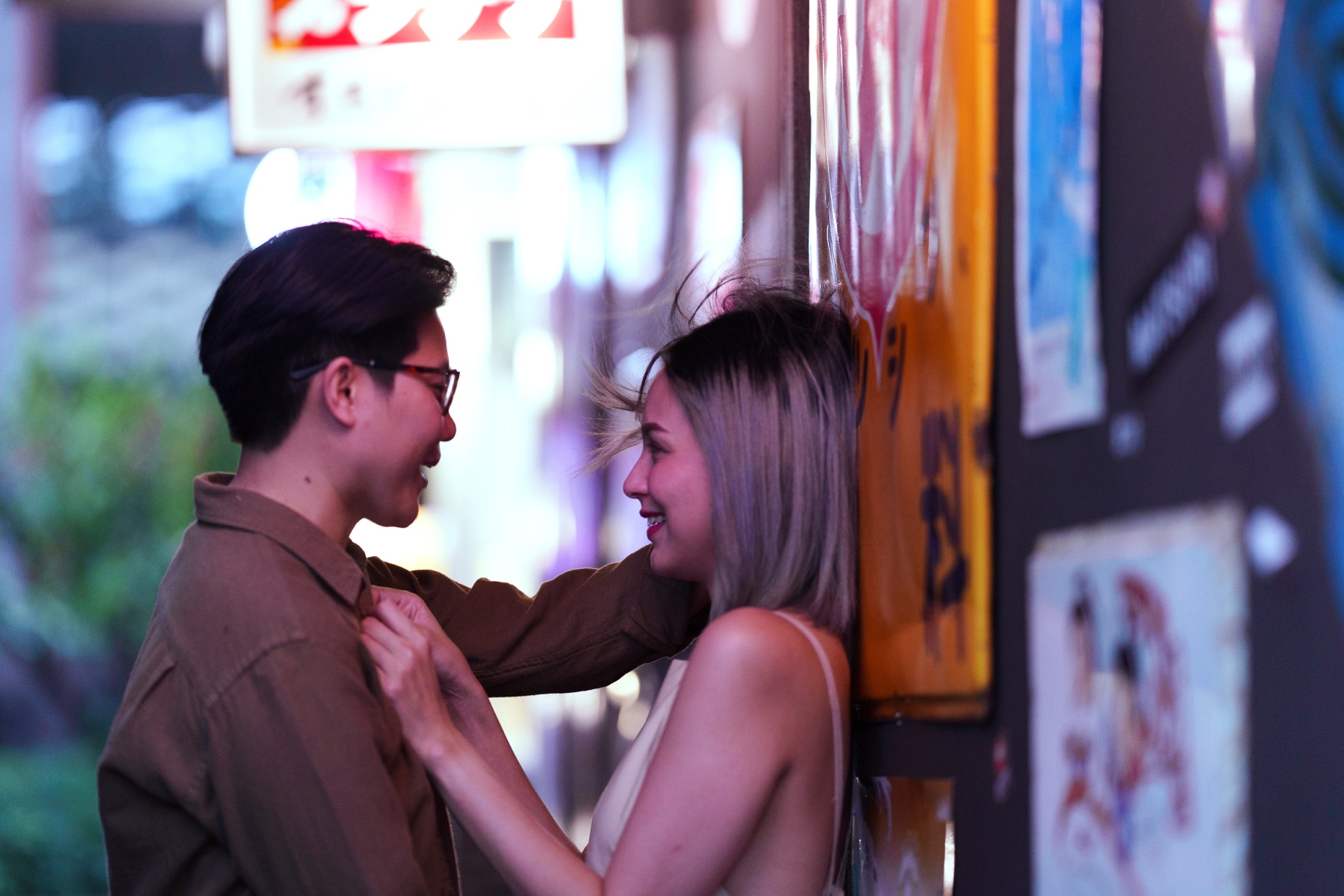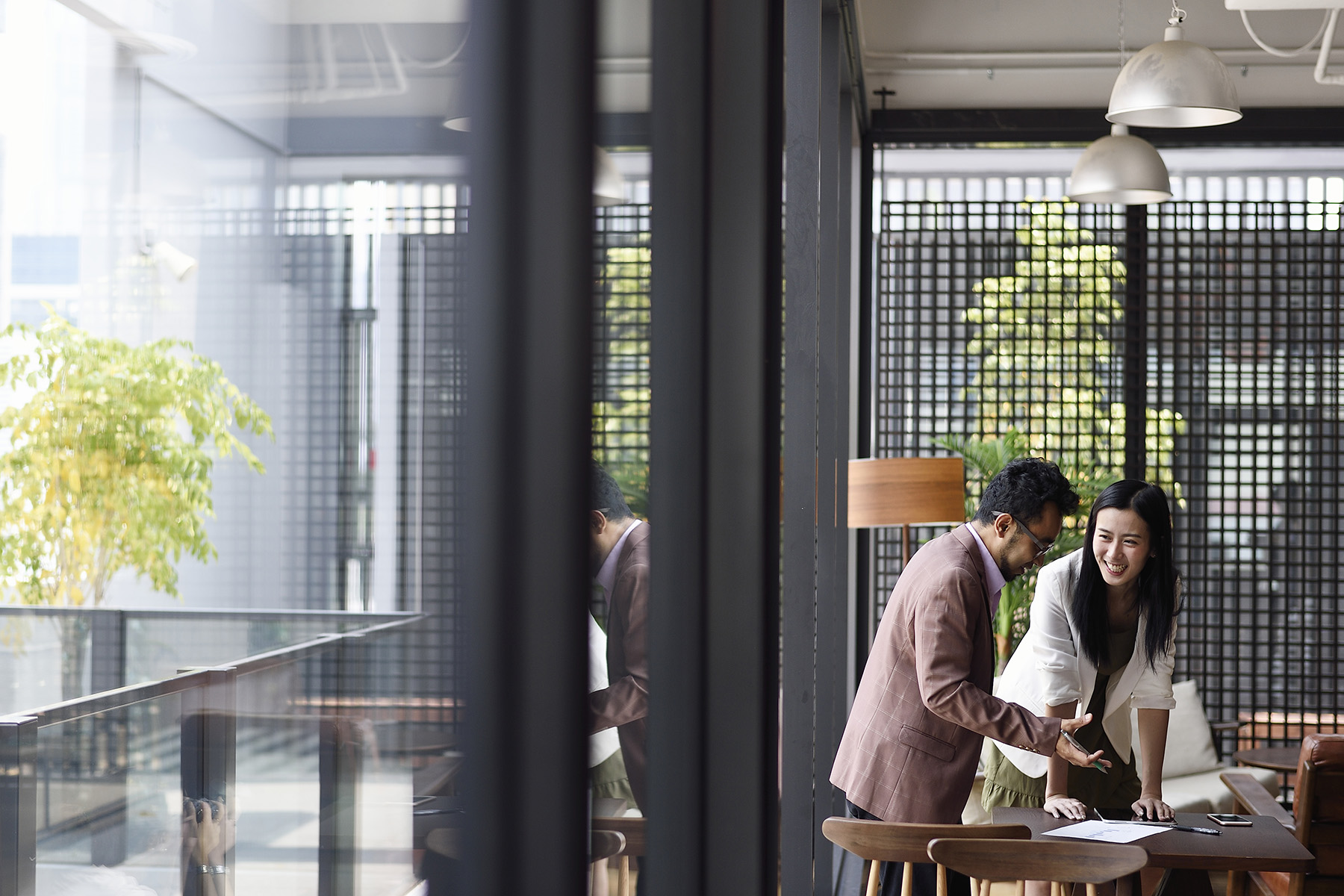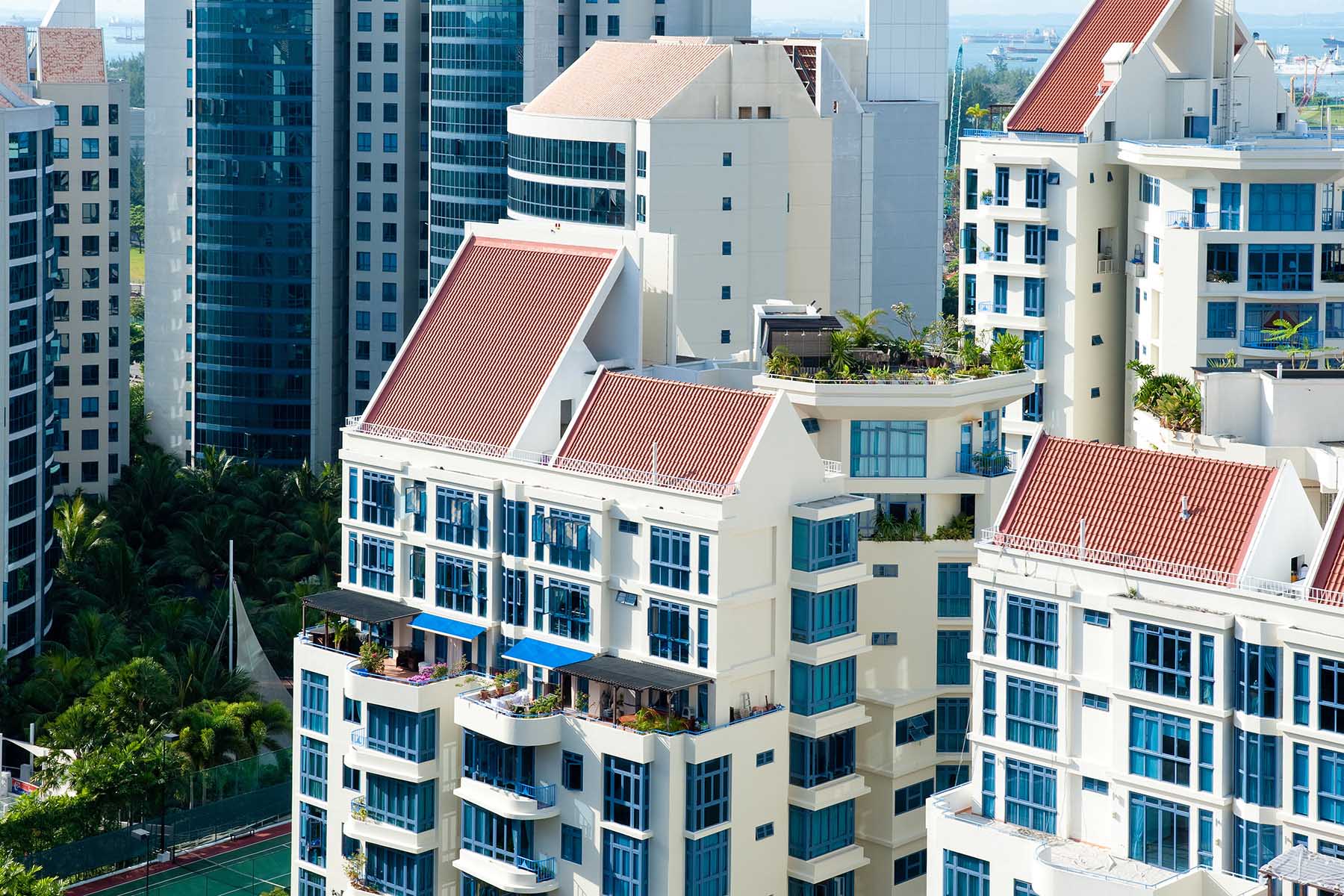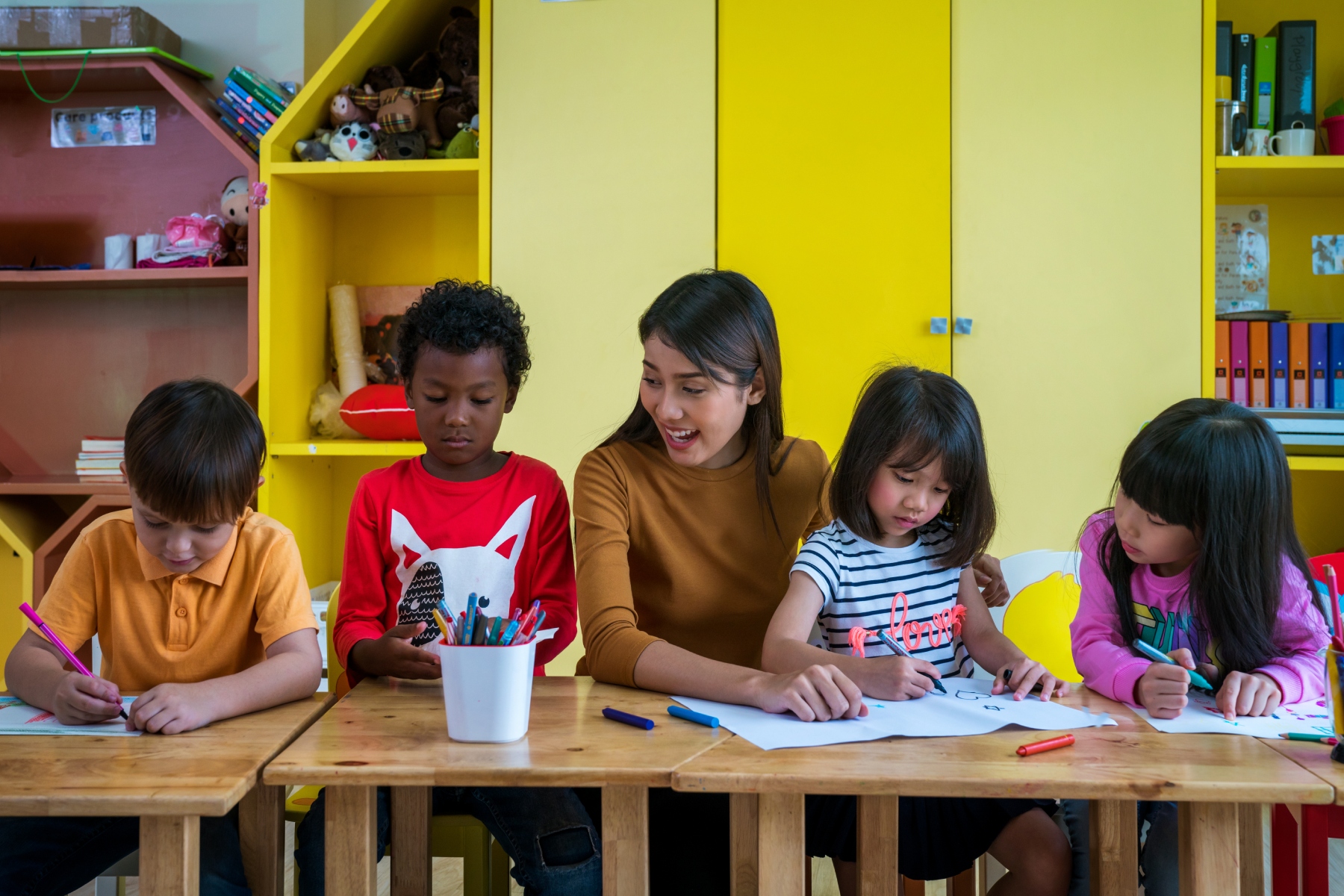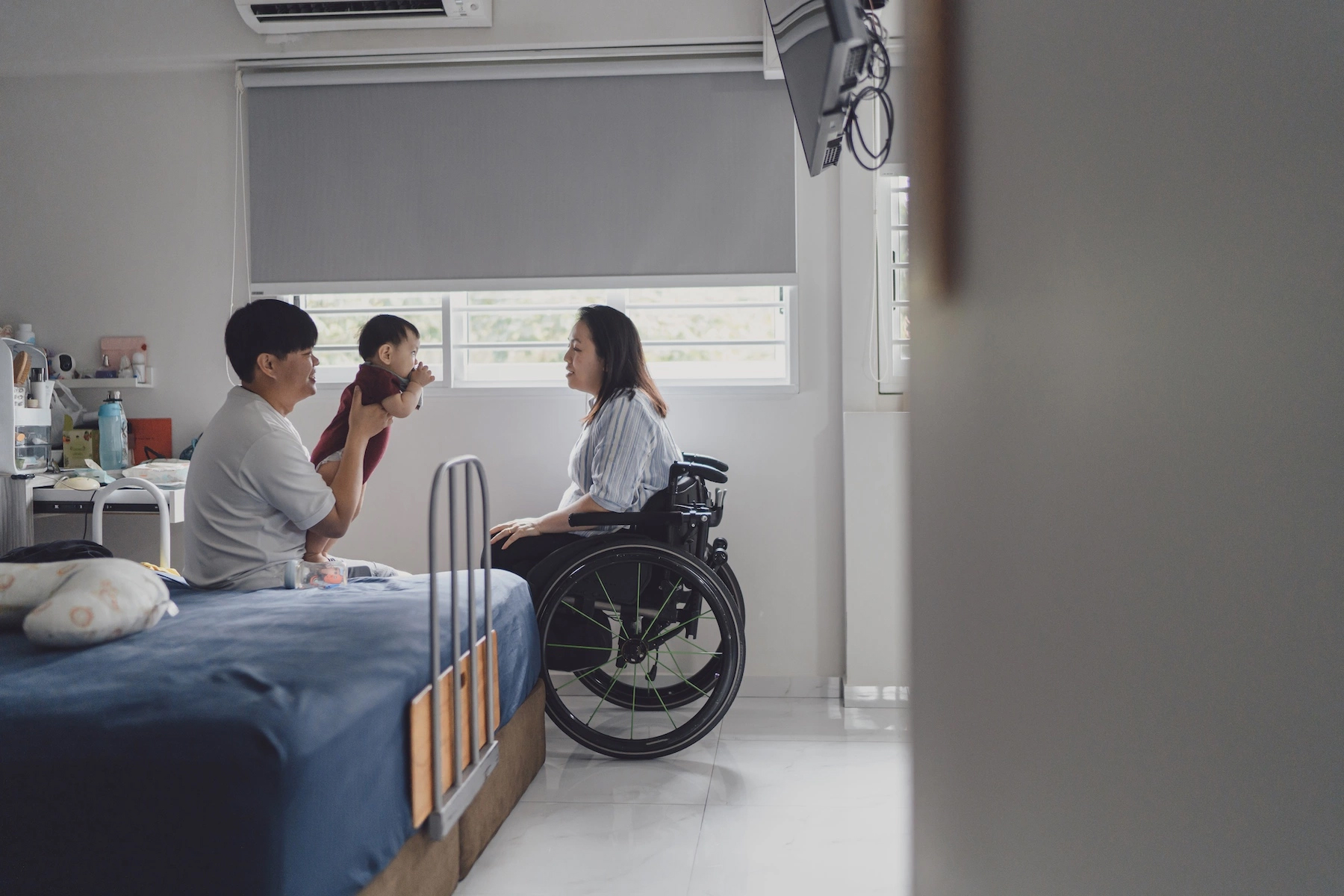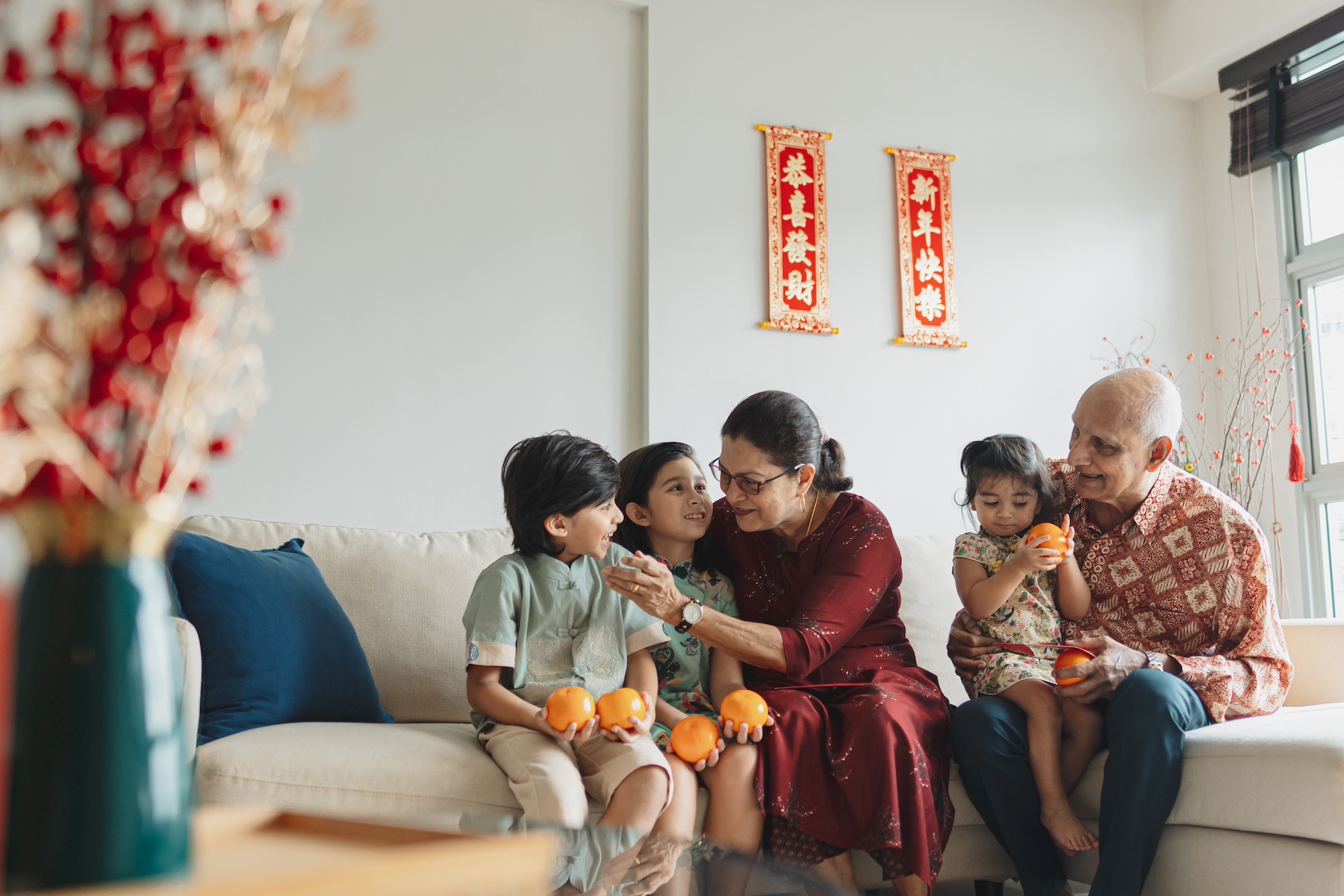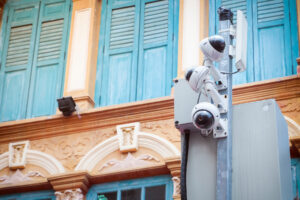Sadly, Singapore’s human rights have not moved as fast as its economic progress over the past half a century or so. Although the country performs quite well in terms of women’s rights and anti-racism laws, LGBTQ+ rights and freedoms still lag behind.
Find out exactly where Singapore stands on LGBT+ issues, with details on the following:
- What is Singapore like for LGBT people?
- LGBT+ family and parenting rights in Singapore
- Do LGBT+ people experience discrimination in Singapore?
- Violence and hate crimes against the LGBT+ in Singapore
- Gender identity in Singapore
- What are public attitudes towards LGBT+ people in Singapore?
- What kind of LGBT+ community is there in Singapore?
- LGBT+ representation in arts, media, and sports
- Are there any LGBT+ rights movements in Singapore?
- Useful resources
Ground News
Get every side of the story with Ground News, the biggest source for breaking news around the world. This news aggregator lets you compare reporting on the same stories. Use data-driven media bias ratings to uncover political leanings and get the full picture. Stay informed on stories that matter with Ground News.
What is Singapore like for LGBT people?
According to a 2022 IPSOS survey, 12% of Singaporeans identify as LGBT+. This is above the global mean of 9%. Around 2% identify as transgender or non-binary, on par with global averages.
Singapore is a mid-performing country globally when it comes to LGBT+ rights and equality. It ranks:
- 59th out of 197 countries on the 2024 LGBT Equality Index
- 70th out of 202 countries on the 2023 Spartacus Gay Travel Index
- 83rd out of 203 countries on the 2023 LGBTQ+ Travel Safety Index
While LGBT+ rights in Singapore have been improving incrementally over the past few decades, these rankings show they are still a problematic area for human rights in the country. Human Rights Watch (HRW) notes several restrictions and a lack of legal protections for LGBT+ people in Singapore.
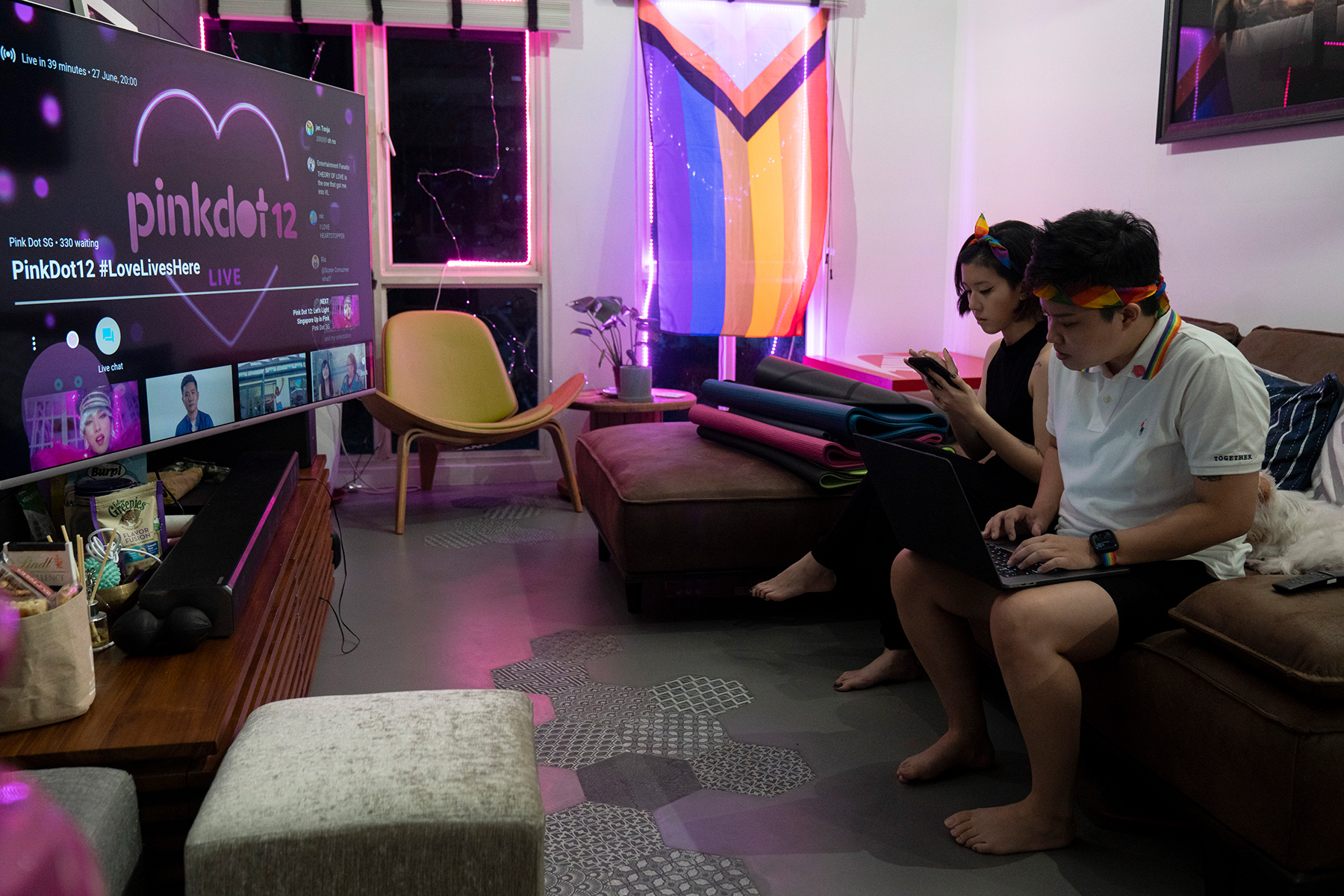
Gay sex has been defacto legalized since 2007. Since its founding, section 377A of Singapore’s Penal Code was used to prosecute men for having sex with other men. Lesbian relationships were never banned.
Although the law hadn’t been enacted for many years, in November 2022, the Court of Appeal in the Supreme Court officially reaffirmed that it could not be used to target LGBT+ relationships, thereby formally decriminalizing same-sex relationships. However, gay marriage and civil unions are still against the law.
Transgender people can legally change gender and have been able to do so since 1973. That said, legal recognition requires medical surgery.
LGBT+ family and parenting rights in Singapore
Is same-sex marriage legal in Singapore?
Although the Singaporean government repealed the laws against homosexual activity in 2022, it has stopped short of legally recognizing same-sex marriage or civil union. This is despite campaigns to make the country the second in the region after Taiwan to sanction gay marriage officially.
In addition, in 2022, Home Affairs minister, K. Shanmugam announced plans to amend the Singapore Constitution to give parliament the right to define marriage. According to the Singaporean government, this aims to avoid legal challenges about the definition of marriage being discriminatory. Some fear that this could cause anti-LGBT prejudices to persist.
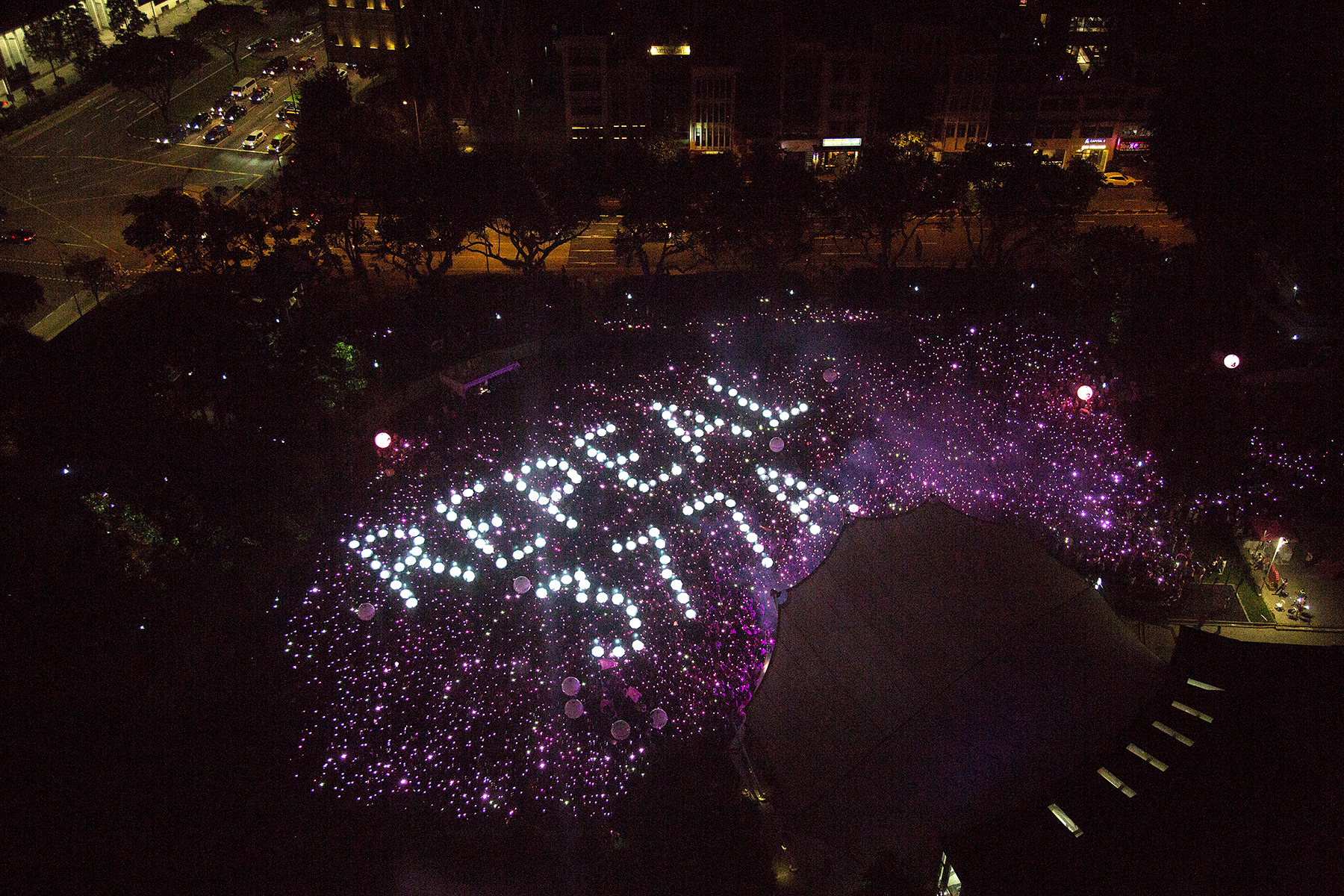
The lack of recognition of gay marriage in Singapore disadvantages same-sex couples in many ways, as it means they cannot access marriage-based social security and inheritance.
According to Singapore’s Women’s Charter, trans people who have undergone surgery can legally marry someone of the opposite sex.
Can LGBT+ couples adopt children?
According to Singaporean law, only married couples can adopt children in the country. Because there is no legal recognition of same-sex relationships, gay couples cannot adopt.
The law also states that single people in Singapore can adopt children in certain cases if they are either a citizen or permanent resident living in the country. This gave a certain scope for gay adoption by allowing just one member of the couple to adopt the child legally. In 2018, a gay man won a court appeal to allow him the right to adopt his biological son conceived through in-vitro fertilization (IVF) with a surrogate.
However, the Adoption of Children Act 2022 – which replaced the 1939 Abortion Act – tightened up laws on eligibility, suitability, and conditions for adoption for single people and outlawed surrogacy. This has made it more difficult for single LGBT+ people to pursue adoption through the Singapore courts.
Can someone from the LGBT+ community access fertility treatment?
Assisted reproduction technology in Singapore is for married couples only and needs the husband’s consent. Current laws allow women aged 21–35 in Singapore to freeze their eggs for fertility purposes, but only legally married heterosexual couples can use their frozen eggs for in-vitro fertilization (IVF).
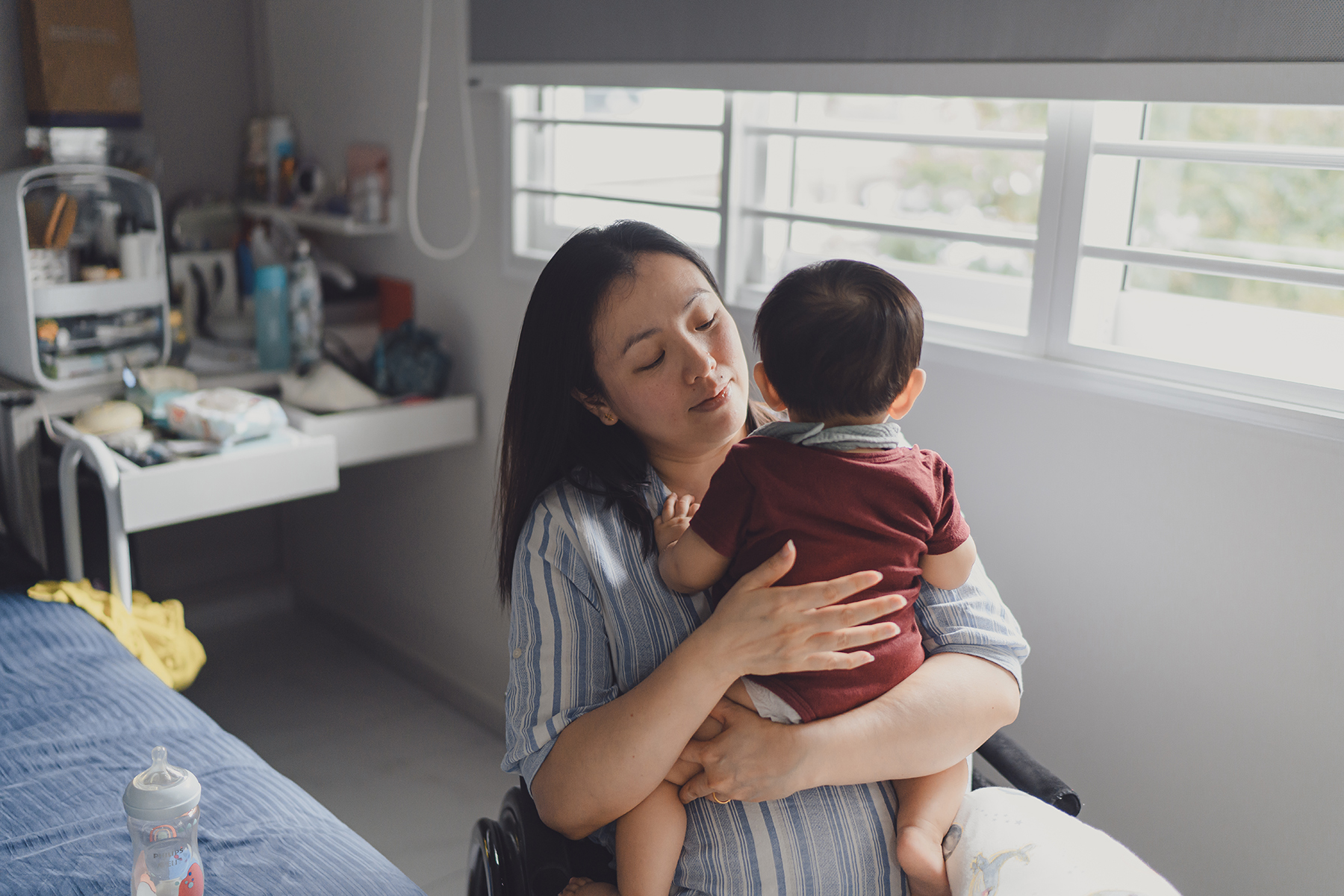
This means that the only real fertility treatment option for LGBT+ couples in Singapore is to travel abroad. There are no laws against conception through IVF or Intra-uterine insemination (IUI).
However, aside from the costs involved, you will need to consider issues such as the child’s legal status. Under current Singaporean laws, only the biological mother is a legal parent. Children born out of wedlock and not legally adopted in Singapore are considered illegitimate and thus not eligible for certain welfare benefits.
Do LGBT+ people experience discrimination in Singapore?
Unfortunately, LGBT+ people still experience discrimination in Singapore due to limited legal protections, public attitudes, and a lack of legal recognition of their relationships.
In theory, LGBT+ individuals in Singapore are equal before the law. The 1965 Constitution guarantees equal rights to all citizens. However, neither sexuality nor gender is mentioned specifically in the text. Furthermore, there is a lack of legislation protecting LGBT+ people against discrimination in Singapore, and the country hasn’t signed UN resolutions on sexuality and gender identity.
The 2019 Maintenance of Religious Harmony Act protects LGBT+ groups from religious violence. But although there have been verbal assurances from politicians that LGBT+ communities in Singapore will not be discriminated against, there are still no concrete policies.
The LGBT+ legal guidebook Same But Different gives detailed information on the different disadvantages that individuals and families face in Singapore.
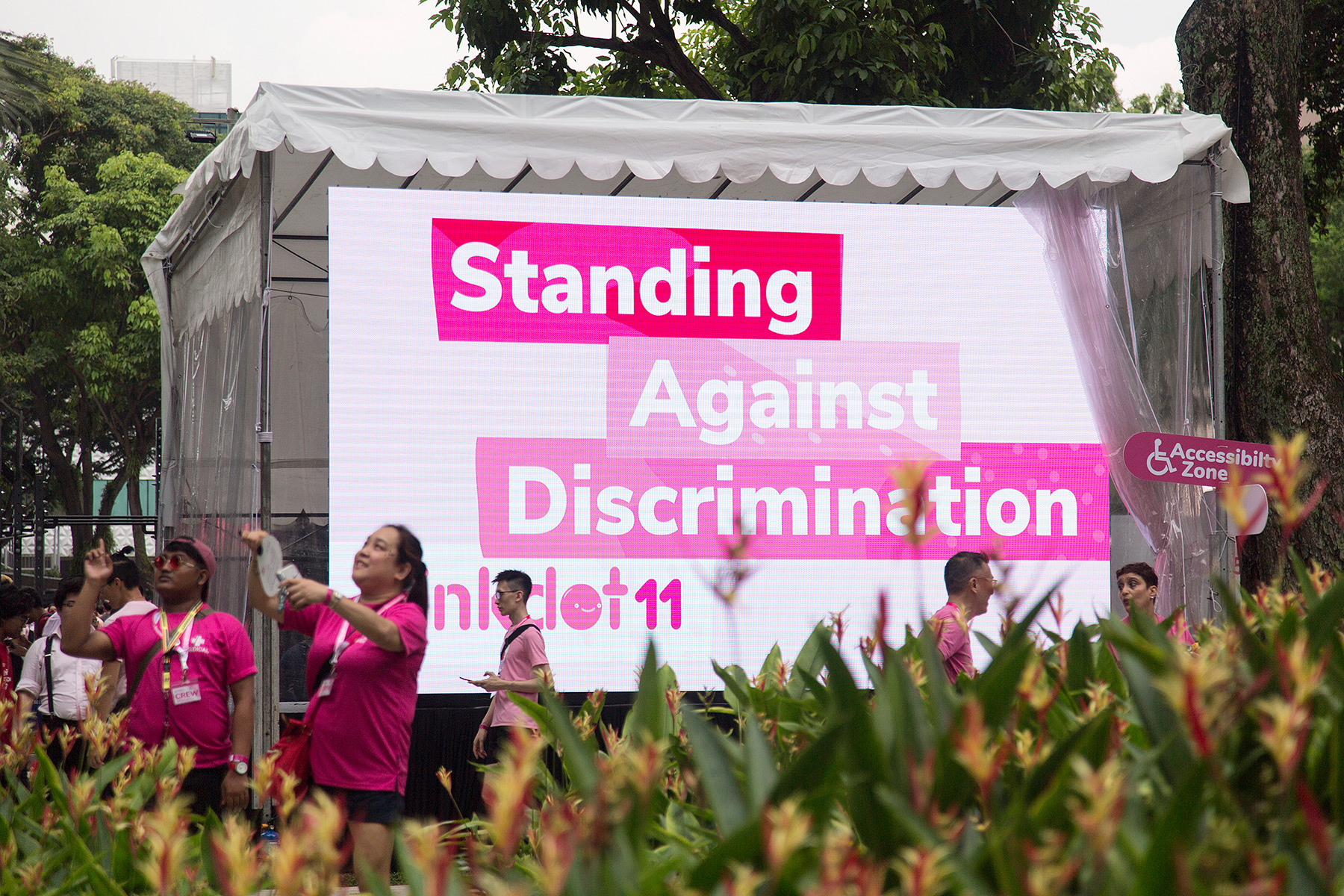
Employment discrimination
LGBT+ workers in Singapore have no protections under current labor laws. The 2018 Employment Act doesn’t list sexuality under forms of discrimination when it comes to wrongful dismissal from a job.
According to a 2022 survey by the Association of Women for Action and Research (AWARE), LGBT+ employees in Singapore are more likely to experience some form of workplace discrimination (68% compared to 56%). 7% reported having to deal with discrimination on the grounds of their sexuality.
Housing discrimination
Singapore’s restrictive marriage laws discriminate against LGBT+ couples in Singapore when it comes to housing. Around 80% of the population lives in subsidized housing purchased through the Housing Development Board (HDB) at discounted prices.
However, LGBT+ couples cannot access or bid for public housing as a couple. Single buyers have to wait until they are 35 before they are eligible, whereas married couples can bid as soon as each partner is 21.
It’s possible for LGBT+ couples to buy these properties as two singles over 35 living together, but they are more likely to exceed the income ceiling for subsidized properties (which starts at a total household income of S$7,000 a month for a two-bed property) than a young newly-married couple.
This means that LGBT+ Singaporeans who want to buy a home are often forced to do so through the private market, which is far more expensive. Mortgage terms can also be less favorable for older applicants who don’t meet the state’s criteria for a “stable family unit.”

LGBT+ renters experience similar barriers. HBO rented housing is generally reserved for those on low incomes, but the eligibility criteria are the same in the sense that heterosexual married couples can access accommodation from the age of 21, whereas LGBT+ renters have to meet the requirements for a single person, which includes being over 35.
Until gay sexual activity was decriminalized in 2022, landlords could legally evict LGBT+ tenants on the grounds of performing illegal activities on the premises.
You can search for LGBT-friendly rentals in Singapore on 99.co and find gay-friendly hotels and short-term accommodation on Misterb&b.
Education discrimination
Singapore’s education system has traditionally been very conservative regarding sex education, following guidelines of family and religious norms that consider sex a procreation method practiced between a man and a woman.
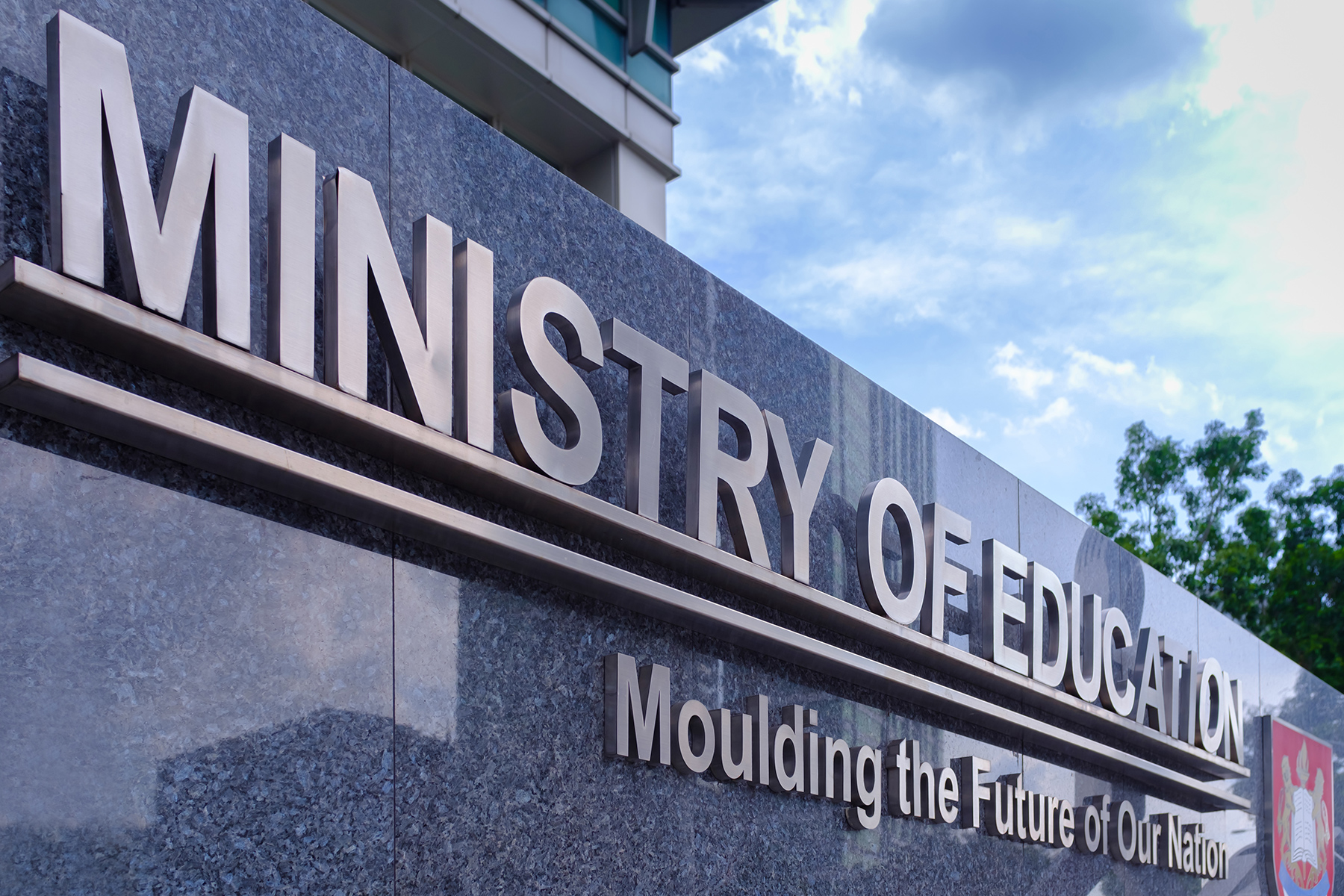
In 2009, the Ministry of Education (MoE) suspended a sex education program delivered in schools by AWARE on the grounds of promoting “alternative lifestyles” and conveying “messages that could promote homosexuality.” More recently, an LGBT+ speaker was banned from giving a talk at a Singapore school.
Although the MoE has sought to modify its position somewhat in recent years, its current sex education guidelines still stipulate upholding “Singapore’s prevailing family values and social norms” and expressing marriage as “a union between a man and a woman.” The curriculum mentions what homosexuality is and claims to teach “the importance of mutual understanding, respect, and empathy for everyone.”
In a 2015 UNESCO study on bullying, violence, and discrimination of LGBT+ pupils in schools in the Asia-Pacific region, 58% of Singaporean students reported experiencing online bullying due to their sexuality or gender identity.
Healthcare discrimination
All citizens and permanent residents in Singapore can access public healthcare services and health insurance regardless of sexuality. However, there is a lack of LGBT+ service provision among public healthcare services.
Furthermore, many medical professionals in Singapore lack knowledge and expertise about LGBT-specific issues. With no legislation protecting patients against LGBT+ discrimination in healthcare services, this can leave people feeling isolated and unsure what to do if their needs are not met.

Societal discrimination against the LGBT+ community has a negative impact on mental health. Oogachaga, a non-profit organization offering LGBT+ support in Singapore, has reported large increases in demand for its counseling services. Another organization, Sayoni, has conducted research into the lives and discrimination experienced by queer women in Singapore.
Singapore has been slow to repeal outdated anti-LGBT medical legislation. For example, the ban on gay men donating blood in Singapore was rescinded in 2015, but this only applies to donors who have not had same-sex sexual contact for one year. Regarding the primitive practice of conversion therapy, the Singapore Psychological Society denounced it in 2021, but there is still no legal ban.
LGBT+ discrimination in the military
All male Singaporean citizens are obliged to serve two years of national military service upon reaching the age of 18. This applies to all citizens able to complete service, regardless of sexuality. There is no ban on gay people serving in the military in Singapore and nothing in official regulations about differential treatment.
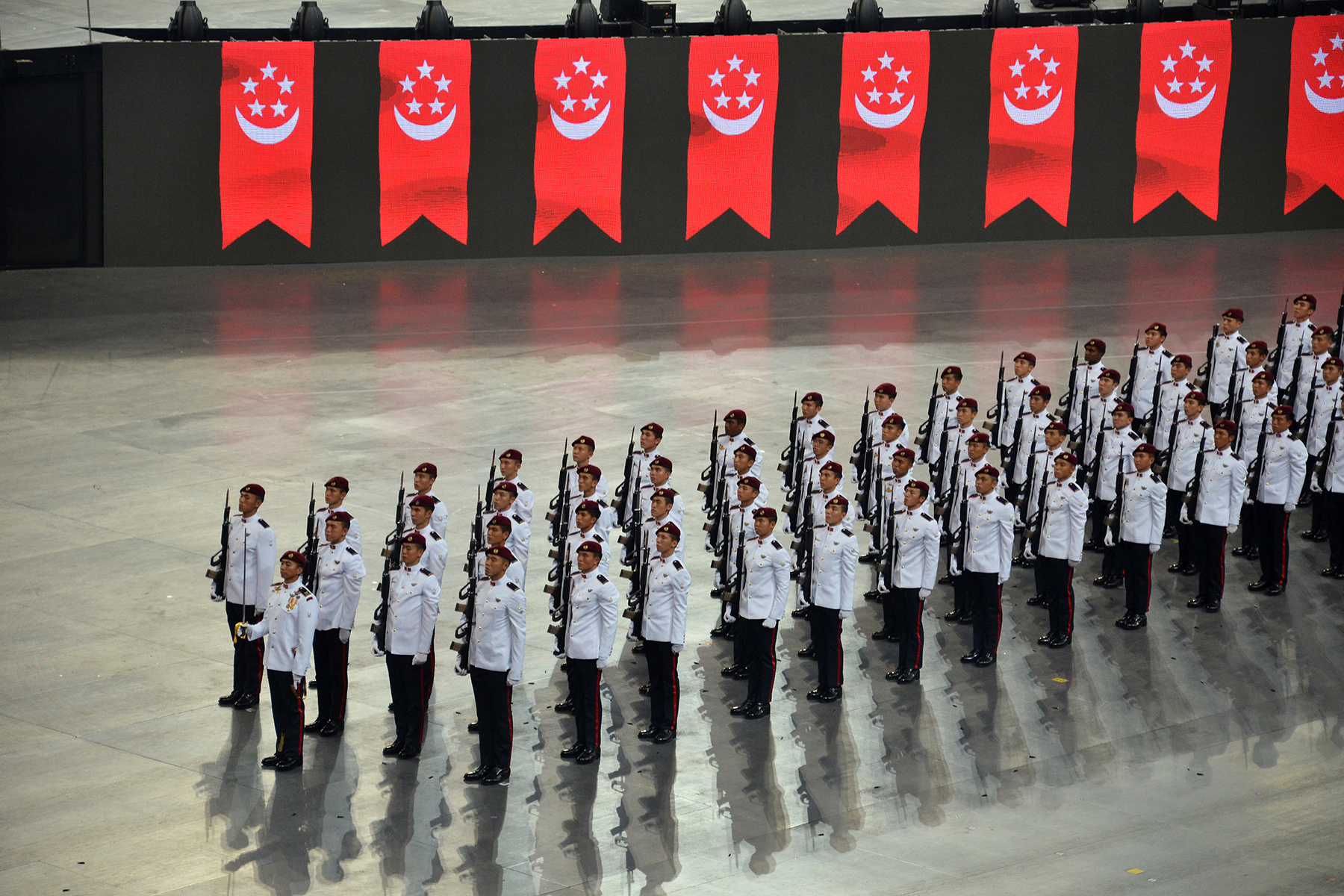
However, there are no official measures to protect LGBT+ officers from abuse or discrimination from colleagues or superiors in any military force in Singapore. There have been reports of gay soldiers being sent for counseling or conversion therapy and being excluded from officer training and senior outpost positions.
Recruits are not obliged to disclose their sexuality, but medical questionnaires for enlistees have asked for details of “medical, social, or personal issues (e.g., homosexuality).” Those describing themselves as homosexual were given a 302 classification (SAF’s medical code for ‘sexual deviation’).
Violence and hate crimes against the LGBT+ in Singapore
The Singaporean government doesn’t collect data on violent crimes against LGBT+ groups, and there is limited independent research on the issue. Oogachaga produced a report on homophobia and transphobia back in 2012 that found that:
- 60.2% of respondents had experienced abuse and discrimination based on sexual orientation or gender identity, with the highest rates among transgender females (94.4%).
- The most common forms were homophobic jokes and name-calling.
- Abuse is common in schools and from the general heterosexual population.
More recently, Sayoni produced a qualitative report on violence and discrimination against lesbian, bisexual, trans, and queer women in Singapore that looked into the effects of physical, psychological, and sexual violence and some of the reasons behind it.
Although violent physical attacks on LGBT+ people in Singapore are not commonplace, incidents do occur. In 2021, police investigated a Singaporean man who made knife threats against the LGBT+ community in an Instagram video.
The Penal Code in Singapore outlaws violent crimes in general in the country, but there is no legislation targeting crimes and abuse against the LGBT+ community. Hate speech laws focus on harmful acts against racial and religious groups but offer no specific protection to LGBT+ people.
Gender identity in Singapore
Approximately 2% of Singaporeans identify as transgender or non-binary, roughly in line with global averages. Singapore doesn’t officially recognize non-binary genders – all documents refer to people as male or female. Furthermore, Singapore only officially recognizes gender transitions for those who have undergone gender reassignment surgery.
In 1971, Singapore was the first Asian country to perform surgical gender reassignment, a procedure that has been legal since the 1970s. However, it wasn’t until 1996 that transgender people were allowed to marry a partner of the opposite sex. As same-sex marriage is still illegal in Singapore, you cannot marry someone of the same gender that you transition to.
You can access surgery such as breast augmentation or phalloplasty through both public and private healthcare providers in Singapore. However, health insurance rarely covers costs, as it’s generally deemed a cosmetic process. Fees for surgery can be expensive, in excess of S$10,000.
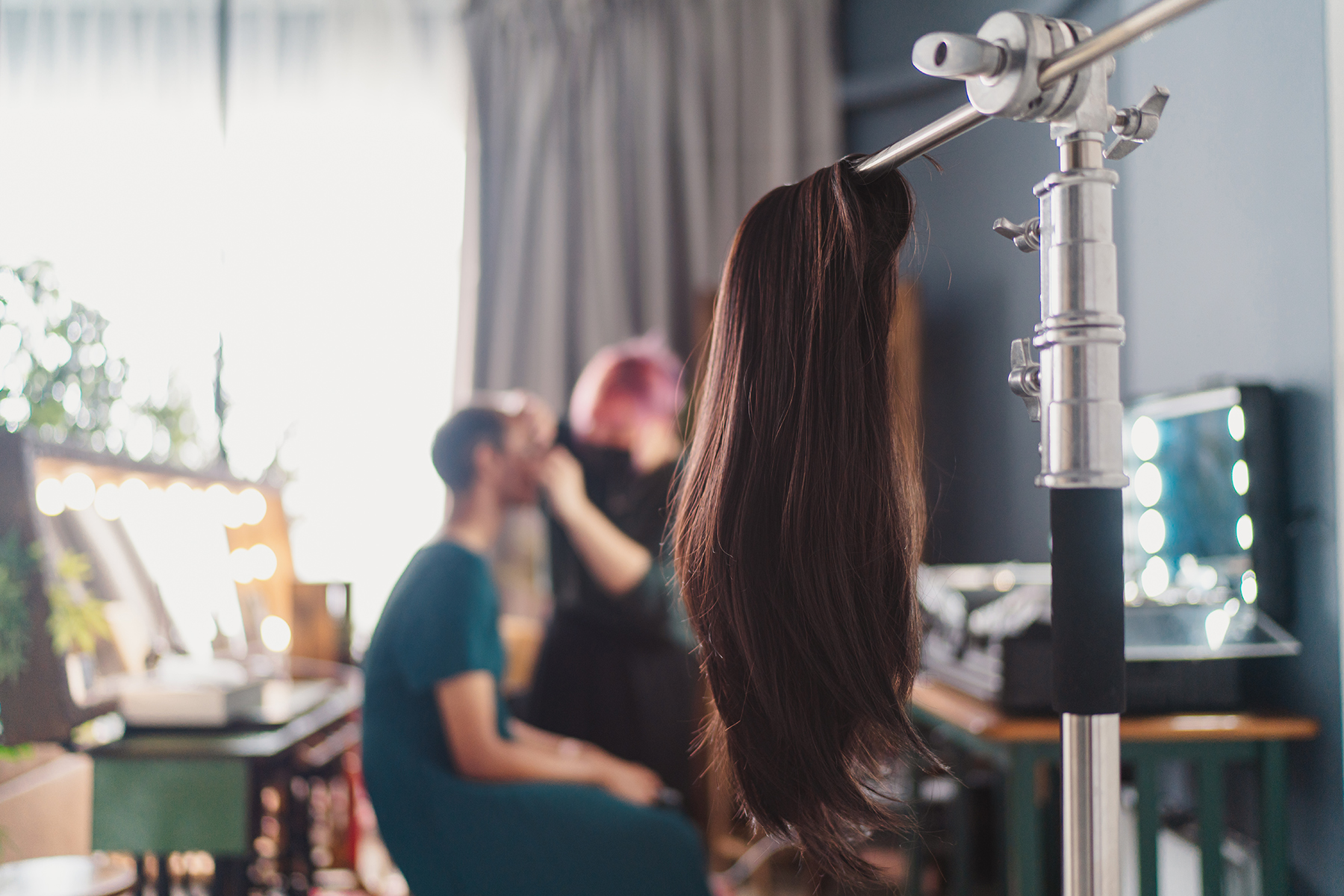
To access these procedures, you will usually need a psychological assessment plus hormone replacement therapy (HRT). You will need parental permission if you are under 21, and you typically need to be at least 18 to access HRT.
Once you have medically changed gender in Singapore, you can legally change it on official documents such as your national ID card and driving license. However, you cannot change your birth certificate.
Singapore is a socially conservative country that generally doesn’t provide gender-neutral public spaces such as gender-neutral toilets.
If you need information, advice, or support, visit TransgenderSG.
Gender-neutral pronouns
The use of gender-neutral pronouns in Singapore is an interestingly complex issue considering that there are four main languages in the country. English speakers can use ‘they/them/their/they’re’ to replace traditional gendered pronouns.
For the other prominent languages in Singapore, non-binary pronouns have not developed at the same pace. However, alternatives are emerging. For example, in Mandarin Chinese, you can use 也 for they/them instead of 他 for he/him or 她 for she/her. All three of these are pronounced as tā in speech.
In Malay, however, all people are referred to in gender-neutral terms using the word dia.
What are public attitudes towards LGBT+ people in Singapore?
IPSOS carried out its most recent survey on public attitudes towards LGBT+ people in Singapore in 2023. This study found that:
- 55% are for the legalization of either same-sex marriage or civil union, compared to 27% against.
- 57% agree that same-sex couples should be allowed to adopt children, compared to 33% disagreeing.
- 79% agree that transgender people should be protected from discrimination in employment, housing, and access to businesses.
This research shows that attitudes are slowly changing in favor of more acceptance of LGBT+ people in Singapore, as younger survey respondents were more likely to support their rights. However, sentiment against LGBT rights groups remains widespread. For example, some anti-LGBT groups are active on social media.
What kind of LGBT+ community is there in Singapore?
Despite a few draconian laws and a tendency towards conservative social attitudes, Singapore has a thriving LGBT+ scene that attracts many international visitors, especially during the summer months.
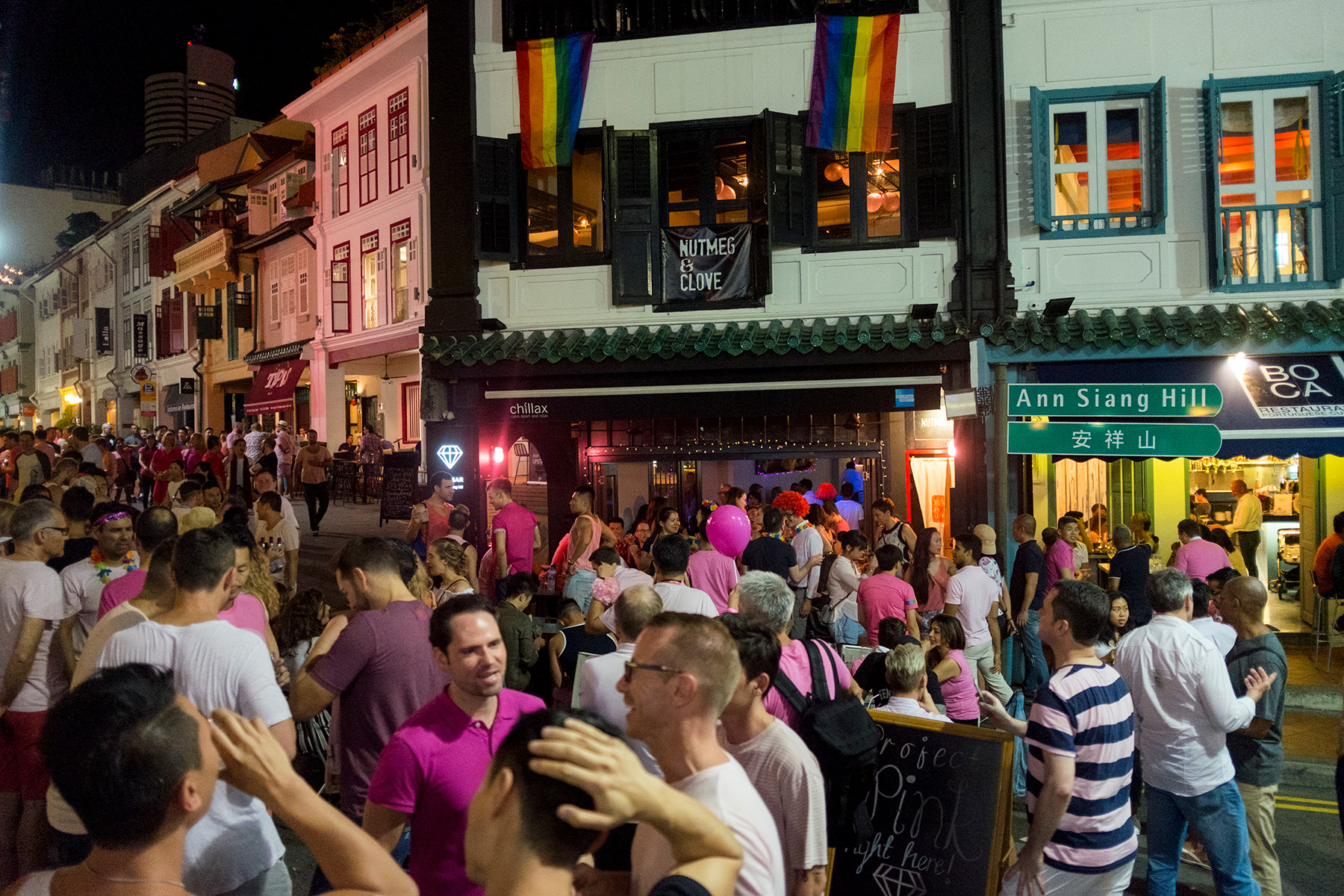
Although you might want to be wary about displaying too much public affection as a same-sex couple in Singapore – a bit of a no-no in the country, even for heterosexual couples – there are some great gay-friendly places.
One of the most established pillars of the LGBT+ community in Singapore is Pink Dot. Since 2009, this organization has run annual Pride events in June that regularly attract more than 25,000 revelers. A wider commercial festival began in Singapore in 2018 called Pink Fest, which celebrates the LGBT+ community with a program of arts, culture, and lifestyle events throughout June.
If you’re looking for LGBT-friendly bars and clubs, head down to the fabled Neil Street in Chinatown. This is widely considered as Singapore’s LGBT+ district, consisting of many venues, including the Home of the Blue Spin collective of bars and clubs.
For fun in the sun, check out the Tanjong Beach Club, which hosts LGBT+ parties on Sundays. If you’re new to the country, it’s worth hooking up with local groups such as MOVE Community or the Pelangi Pride Center.
Websites such as Queer In The World and Travel Gay provide a wealth of information on LGBT+ venues, events, and activities in Singapore.
LGBT+ representation in arts, media, and sports
LGBT+ representation in the public sphere is restricted due to state censorship laws in the media. The government’s Infocomm Media Development Authority (IMDA) continues to limit TV and radio content that it considers to be promoting or normalizing LGBT lifestyles.
Films released in Singapore that feature same-sex sexual activity automatically get an R21 rating, meaning anyone under 21 is legally prohibited from watching in a cinema. Movies with a plot or subplot that covers LGBT+ themes in a positive light are rated R18. Censorship sometimes goes further. In 2022, an LGBT-themed film, #LookAtMe, was banned in Singapore for having “the potential to cause enmity and social division.”
Because of these obstacles to going through mainstream channels, artists have developed alternative and underground networks to promote their work in Singapore. For example, the Pink Screen film festival at the Projector is part of the annual Pink Fest.
Famous LGBT+ people in Singapore include:
- Andrea Razali, transgender model, actress, and activist
- Chris Ho, DJ and radio personality who passed away in 2021
- Eileena Lee, LGBT+ activist and founder of the T Project
- Ivan Heng, movie actor
- The G3Sha, hip-hop music artist
- Theresa Goh, paralympic swimmer
Are there any LGBT+ rights movements in Singapore?
Although government laws make it difficult for LGBT+ organizations to register legally, and the state has the power to shut down NGOs it deems a threat to public order, there are plenty of groups promoting LGBT+ rights in Singapore that have sprung up and developed over the last decade or two. These include:
Useful resources
- Heckin’ Unicorn – overview of LGBTQ+ issues in Singaporean education
- LGBT+ Equality Index – measures LGBTQ+ equality and rights worldwide
- LGBT+ Travel Safety Index – assesses how safe it is for LGBTQ+ people to travel to different countries
- Same But Different – legal guidebook for LGBT+ families and couples in Singapore



